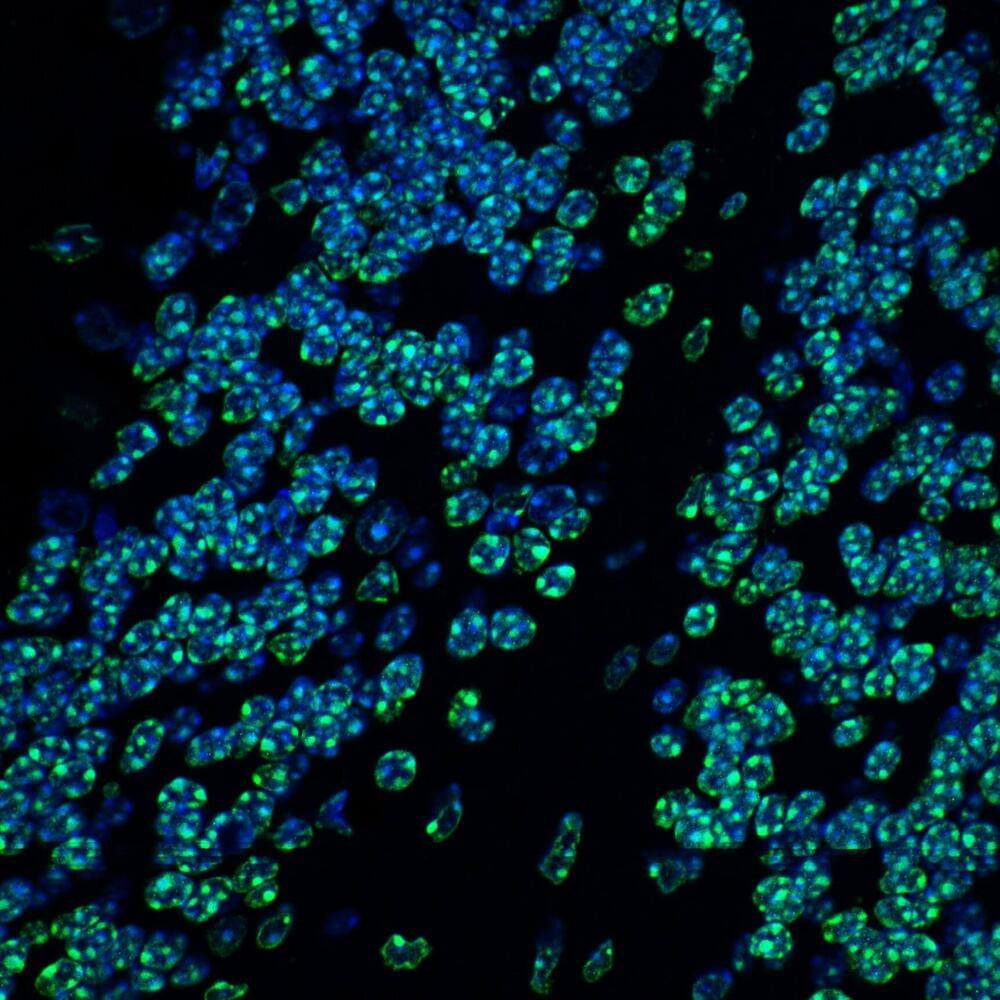The gene-silencing complex HUSH might be involved in complex disorders affecting the brain and neurons. However, its mechanism of action remains unclear. Researchers from the Institute of Molecular Biotechnology of the Austrian Academy of Sciences (IMBA) now uncover the in vivo targets and physiological functions of a component of the HUSH gene-silencing complex and one of its associated proteins.
The work, conducted in laboratory mouse models and human brain organoids, links the HUSH complex to normal brain development, neuronal individuality and connectivity, as well as mouse behavior. The findings are published in Science Advances.
The human silencing hub (HUSH) complex was recently identified to be of key importance for silencing repetitive genetic elements including transposons in mammals. The HUSH complex contains MPP8, a protein that binds the histone modification mark H3K9me3. Additionally, HUSH is known to recruit other proteins including the zinc finger protein MORC2.
